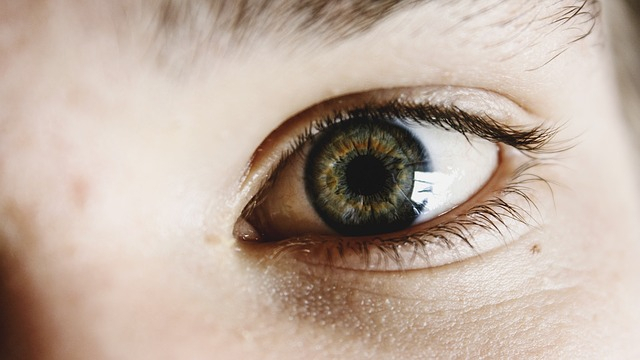A new study by researchers from the University of Bradford (UK) has found that individuals suffering from early-stage glaucoma view the contrast of visible objects in a manner similar to those who do not ail from it. The study demonstrated that compensations are made by the brain to adjust to the changes caused by glaucoma in the eyes while viewing objects with everyday levels of contrast.
Dr. Jonathan Denniss, the lead author of the study, said in a statement, "This underlines why it's so important to get eyes tested routinely so that glaucoma can be picked up before damage is established. It ties in with the fact that people who have glaucoma initially don't report any symptoms: their brains are successfully overcoming a loss of contrast sight."
Effect on Vision

Glaucoma is a common eye condition affecting half a million people in Britain, where the optic nerve which connects the eye to the brain becomes damaged. It develops slowly over many years and affects peripheral vision first. If untreated, glaucoma results in permanent vision loss.
Glaucoma makes it harder to see the contrast - the differences between shades of light and dark - so the eyes are less able to detect low contrast objects. But until now it's not been clear if this contrast sensitivity loss means that patients with glaucoma see visible objects in a different way from healthy people. Now, the University of Bradford team has shown that people with glaucoma see detectable contrast in the same way as healthy patients, despite their measurable vision loss.
Compensations Made by the Brain
In the study, 20 participants with early- to moderate- stage glaucoma had their disease confirmed, and their areas of peripheral vision loss mapped. They were then asked to respond to a screen display of patterned patches.
They also adjusted the controls until an image in their poor areas of vision looked equally as bright or dim as a central patterned patch. An eye tracker was used to ensure each patient was looking in the correct place before the central patch could be seen. A control group of healthy participants was tested in the same way.
The researchers found that participants with glaucoma didn't see the image as paler, or 'greyed out' in any way; instead, they saw it in exactly the same way as people with healthy vision. The results suggest that glaucoma patients' brains are compensating for damage to the optic nerve.
Dr. Jonathan added: "It's always struck me as strange that we all accept the need for routine dental checks to maintain the health of our teeth and mouth, but that routine eye checks among the general population are not considered as important. This is a reminder to get your eyes checked regularly, even if they seem to be fine."
(With inputs from agencies)









